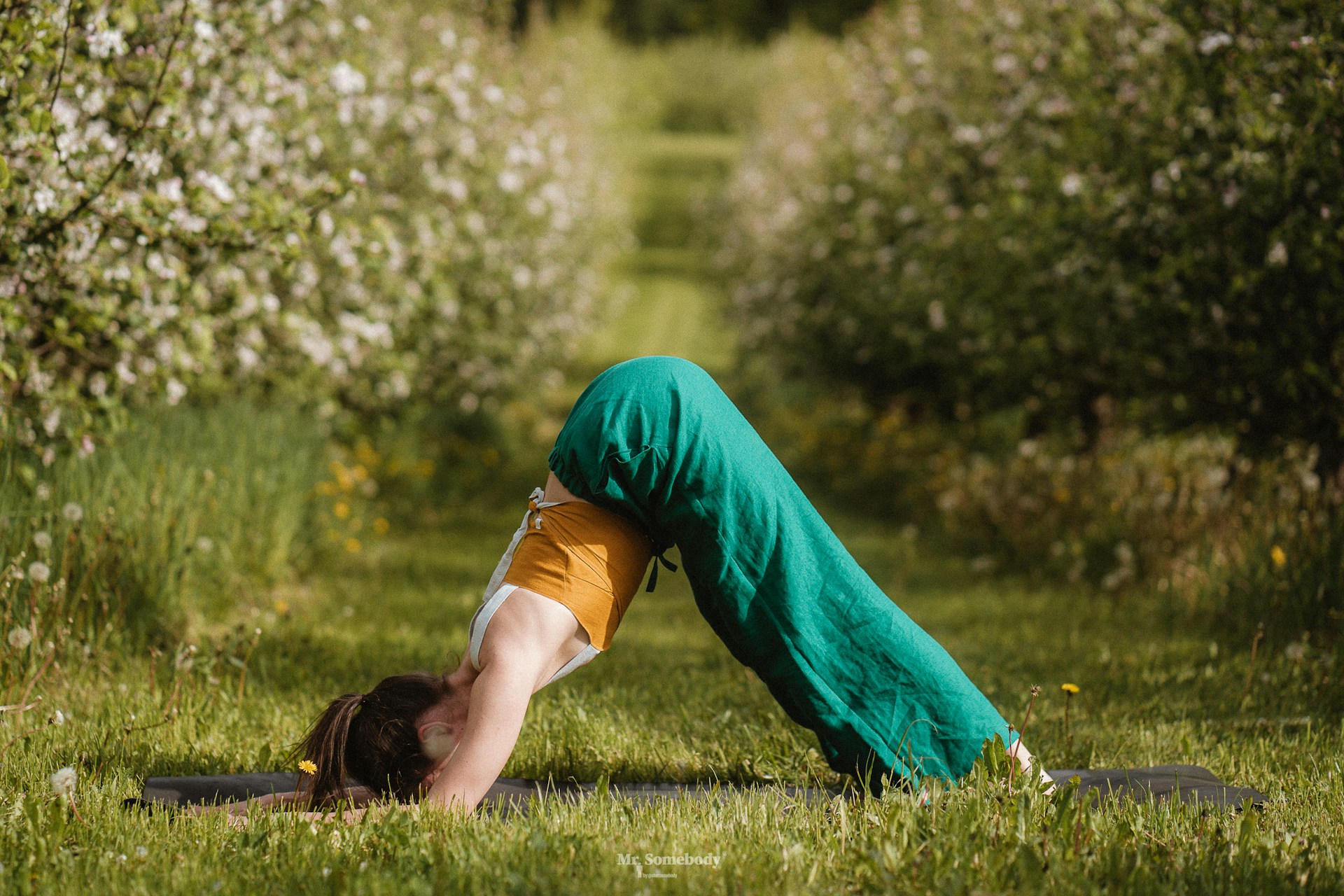Vaccines are the safest and the most effective way to protect yourself and your children from many preventable diseases.
Vaccine is a biological and formulated preparation to provide acquired immunity for a particular disease. It is a substance used to stimulate the production of antibodies and provide immunity against one or several diseases. Vaccine can be delivered through needle injections or by mouth or by aerosol.
Vaccination is a process of development of immunity without infection against specific infectious disease.
Vaccines work by imitating an infection . The active ingredient in all vaccines is an antigen, the name for any substance that causes the immune system to begin producing antibodies. In a vaccine, the antigen could be either a weakened version of a virus or bacteria, its products, or a synthetic substitute, that causes disease. This material cannot make a person sick, but it triggers a response from the immune system. To produce an immune response, live, attenuated vaccines replicate in the vaccinated person and creates enough of the organism to stimulate an immune response. When a person gets a vaccine, the immune system responds to the antigen as if it were exposed to the actual germ.(it makes antibodies and remembers how to defeat it). Then, if the body gets exposed to the actual germ, your body already has a plan of attack. The immune system can recognize it and fight back against that disease if it encounters it in the future.
Vaccines help the body learn how to defend itself from disease without the dangers of a full-blown infection. The immune response to a vaccine might cause tiredness and discomfort for a day or two, but the resulting protection can last a lifetime.
Vaccines Strengthen the Body’s Natural Defences. Vaccines have the potential to save the lives of millions. Without vaccines, infectious diseases would have the opportunity to spread rapidly throughout the population, causing illness and even death, burdening healthcare systems and putting strain on economies.
Immunization schedules are created to protect infants and young children early in life when they’re most vulnerable to contracting infections. It usually takes a few weeks for human body to build protective disease-fighting antibodies after taking a vaccine. The immunization schedule is designed in such a way that children get their vaccines before they are potentially exposed to the diseases. This helps in building the foundation blocks of children’s health and immunity. Unimmunized children are at a higher risk of contracting infections. Following the recommended vaccination schedule will also minimize the visits to the doctors as there are better chances for the children to build stronger immunity.
Immunization Schedule for Infants and Children:(Ministry of Health and Family Welfare)

**JE Vaccine is introduced in select endemic districts after the campaign.
*** The 2nd to 9th doses of Vitamin A can be administered to children 1-5 years old during biannual rounds, in collaboration with ICDS.
#Phased introduction, at present in Andhra Pradesh, Haryana, Himachal Pradesh and Orissa from 2016 & expanded in Madhya Pradesh, Assam, Rajasthan, and Tripura in February 2017 and planned in Tamil Nadu & Uttar Pradesh in 2017.
$ Phased introduction, at present in five states namely Karnataka, Tamil Nadu, Goa, Lakshadweep and Puducherry. (As of Feb’ 2017)


